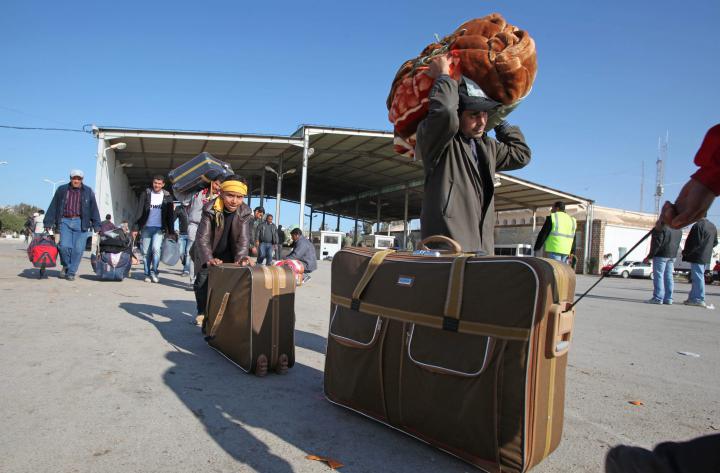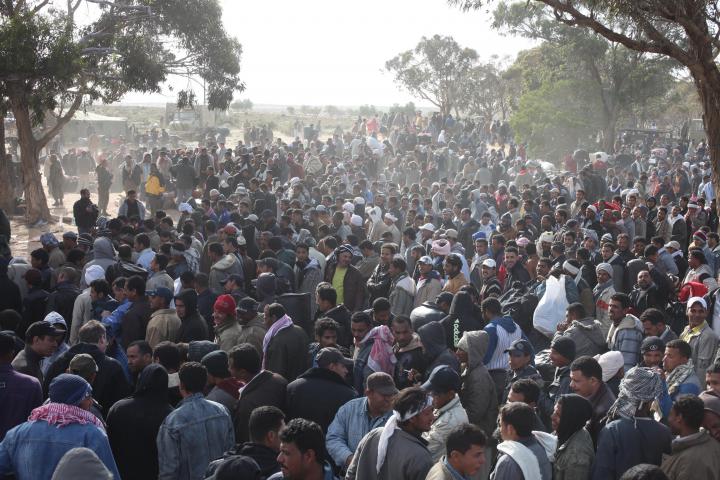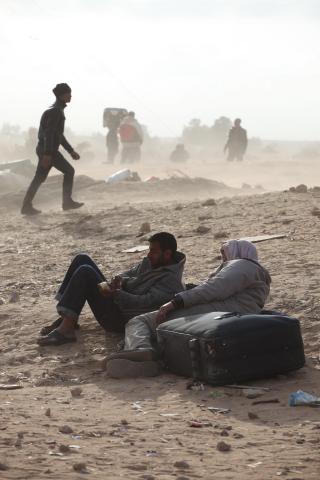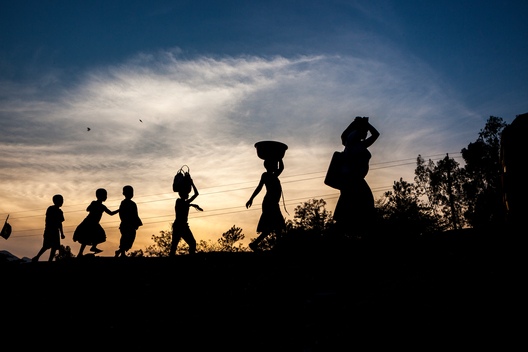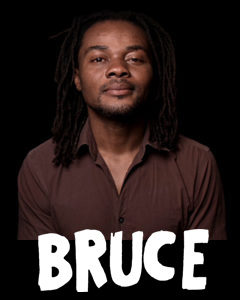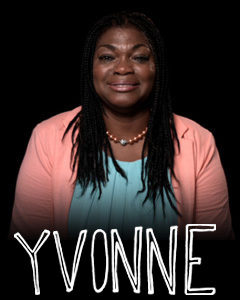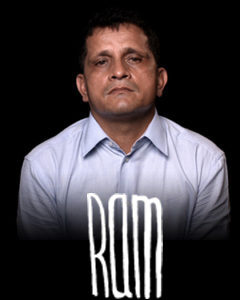Disasters & Conflicts: Libya. Libyan civil war, 2011
Rebuilding a country ruled by a single leader for 42 years is not easy.
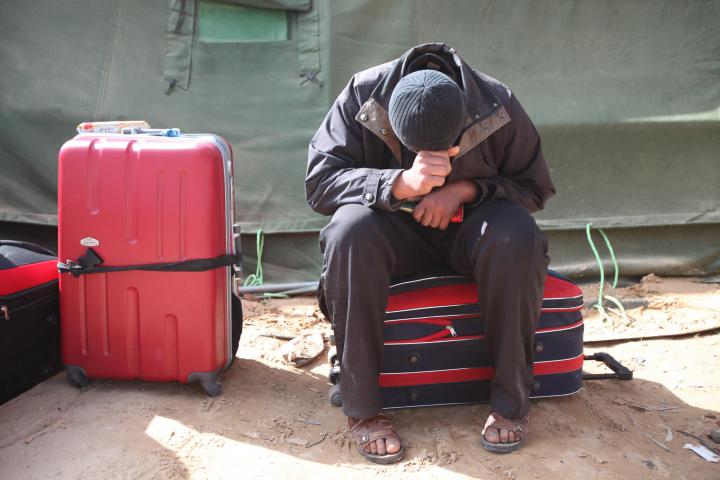
Libya. Libyan civil war, 2011
Country: Libya
Period: February–October 2011
Type of conflict: Political conflict
Conflict: Uprising in which Muammar al-Gaddafi, is forced from office by rebels and dissatisfied citizens
Parties involved: Libyan leader Gaddafi, National Transitional Council, National Front for Salvation of Libya, UN, NATO troops
Estimated number of victims: Unknown number of deaths. Tens of thousands of refugees
Inspired by protests in the neighbouring countries of Tunisia and Egypt, Libyans take to the streets on 15 February 2011 to voice their dissatisfaction with their leader. Muammar al-Gaddafi is driven from power after eight months. The uprising starts in Bengazi, the second city of Libya, 1,000 km from the capital Tripoli. Protests soon spread throughout the country, and more and more supporters of Gaddafi defect to the enemy. Intervention by the army provokes bloody confrontations. France, Great Britain and the United States provide rebels with military assistance from the air. While seizing the last city, the rebels also capture Gaddafi and shoot him immediately.
In July 2012, free elections are held for the first time in Libya.
Rebuilding a country ruled by a single leader for 42 years is not easy. Everything destroyed in the war has to be rebuilt. The oil industry, which earns so much money for Libya, has to be redeveloped. Former rebels rise in mutiny because they do not receive any more money. Civilians complain that progress is far too slow. The new politicians have to get used to democracy and decision-making. Tensions mount between the various groups.
And what about the ordinary citizens and soldiers who supported the former dictator? How do you prevent them from taking revenge? Black Africans who work in Libya, for example, are humiliated, tortured and murdered because they are thought to have supported Gaddafi.

